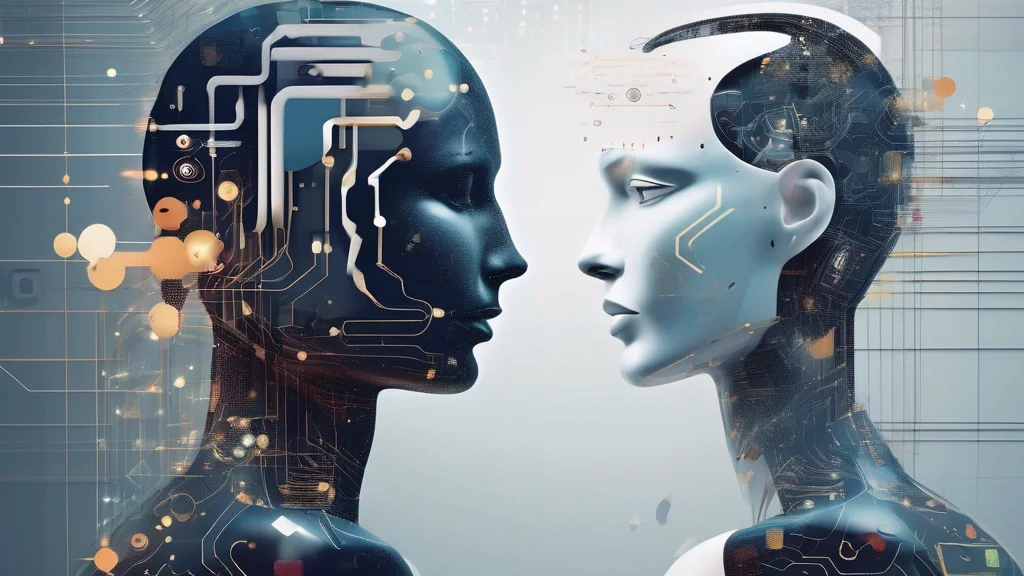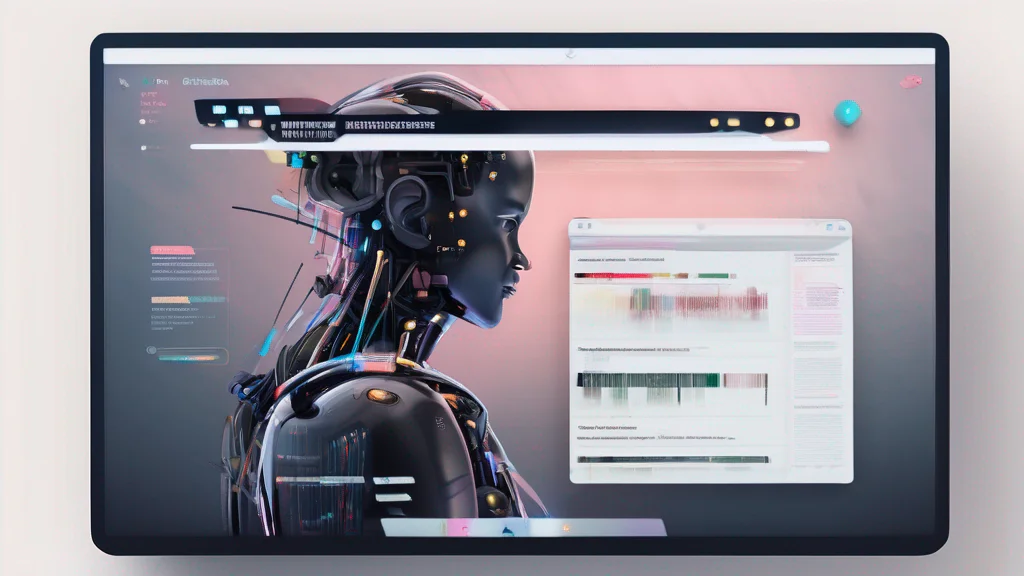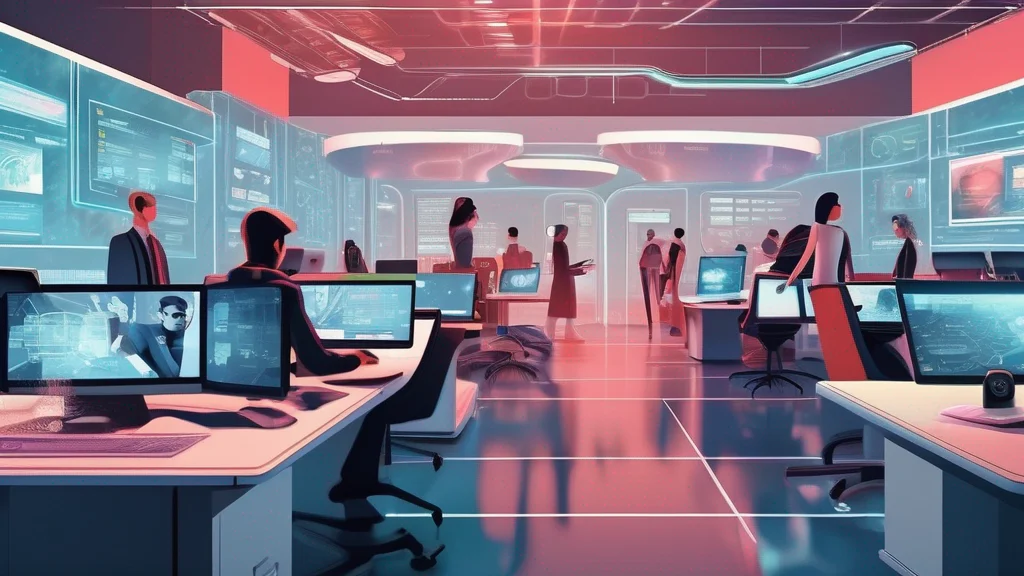The AI Bubble: Lessons from the Dot-Com Era
- Comparison of the AI and dot-com bubbles.
- The origins and adoption of the internet and AI.
- Network effects and scaling laws in technology.
- Challenges and opportunities for AI’s future.
Introduction: The Echoes of Bubbles Past
In the world of technology, the term “bubble” often conjures up memories of the late 1990s when the dot-com boom took Wall Street by storm before crashing spectacularly. Today, artificial intelligence (AI) is experiencing a similar wave of hype, sparking debates on whether AI is following the same trajectory as the internet or if it’s doomed to be another overhyped technology.










